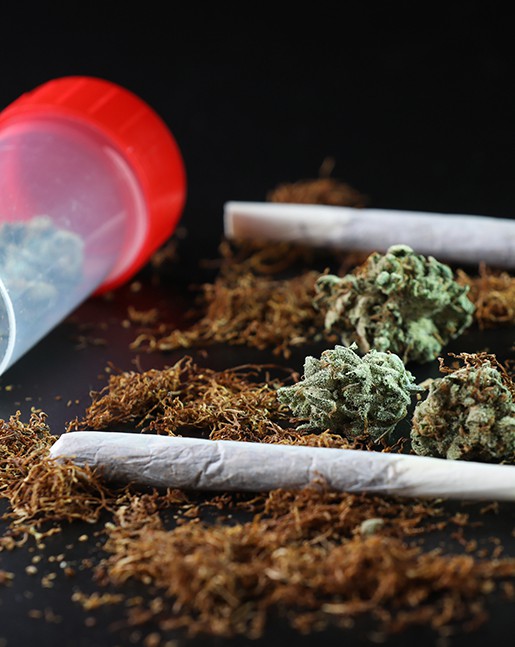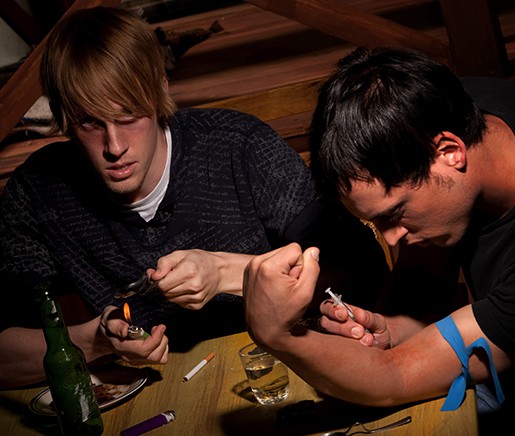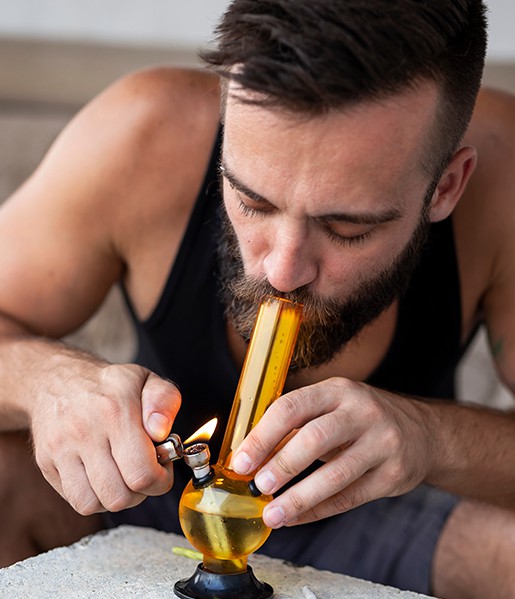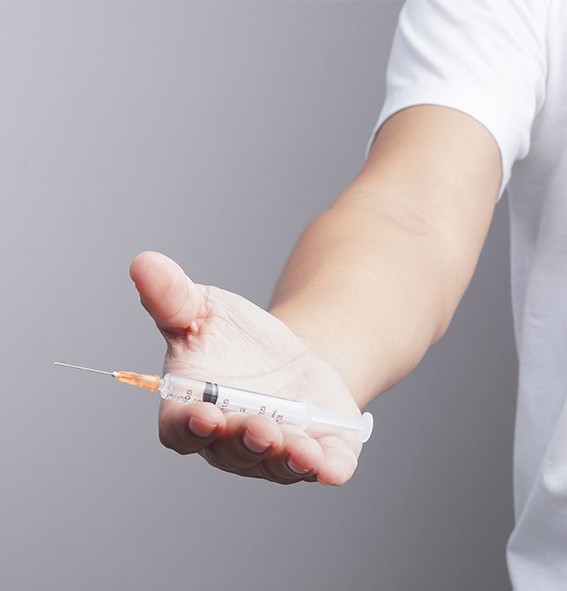Drug Addiction
Drug addiction is a common challenge that affects hundreds of thousands of Canadians each year. Many addicts will never seek the help they need. The stigma of addiction, fear of the unknown, and the mistaken belief that the pain of drug cravings will last forever all conspire to keep addicts away from the help they so richly deserve. We know it’s not easy to seek help, but the hardest part is that first step. Reach out to us, and we will point you in the direction of a drug rehab facility that can help you reconnect with long-forgotten parts of yourself, rediscover the beauty of life without drugs, and finally achieve the peace you’ve sought.
What is Drug Addiction?
Drug addiction is a disease, not something anyone willingly chooses. The process begins when you develop a tolerance for your drug of choice, thereby enabling you to take larger and larger doses. After that, your body begins nurturing a chemical dependency on drugs. It is this dependency that keeps you coming back for more, since quitting drugs at this point will yield painful side effects and intense cravings.
Any drug, ranging from marijuana to crack cocaine, can become addictive if it alters the way you think or perceive the world. Addicts behave in substantially similar ways, regardless of which drug they use. Many of them make the mistake of convincing themselves that the drug they use is less dangerous than others. If you “need” a drug to feel normal, you need a drug treatment program to get clean.


Drug Addiction: A Community Issue
Some drug addicts feel so hopeless about their ability to get sober that they are prepared to give up. But drug addiction has a much wider impact than the individual who is addicted.
- Drugs are associated with organized crime, mass incarceration, violence, and community blight.
- The families of addicts suffer immensely. Some addicts steal from their family members, and almost all lie to or neglect loved ones.
- Children of drug addicts are more likely to use drugs themselves, and more likely to develop mental health issues such as depression and anxiety (see dual diagnosis).
- Addiction costs the economy millions of dollars each year.
The Sobriety Journey
The walk to sobriety is a process, not something you can do overnight. It often begins with a medical detox – a one or two week period during which drugs exit your system. Though the severity and length of detox varies depending on the specific drugs you use, most addicts report unpleasant symptoms such as headaches, muscle pain, sweating, insomnia, depression, and mood swings. These symptoms typically peak when the drug is fully flushed from your body, then steadily improve over subsequent days.
After drug detox, your cravings will be markedly less severe, but they may still be frequent. Cravings tend to be most severe when the addict is “triggered.” Triggers are environmental reminders to use drugs. For instance, if you always smoke marijuana during times of stress, stress may trigger intense marijuana cravings.
Every time you resist a trigger, you get better at sobriety. Over time, the number of triggers you experience will diminish. Eventually, you will experience few or no cravings, though the time to reach this point varies from addict to addict. The good news is that as time passes, the cravings you experience are progressively less severe than those you experienced prior to starting your medical detox.


Is it Time for Drug Rehab?
Drugs cloud your judgment and alter the way your brain works. It is no wonder, then, that one of the primary symptoms of drug addiction is denial. Denial keeps you using, and the sooner you rid yourself of it, the better your chances at sobriety will be. Denial is powerful medicine, though, so it is helpful to note some of the most common symptoms of addiction. If you experience three or more of these symptoms, it is time to consider drug treatment:
- Intense cravings when you can’t use.
- Psychological or physical withdrawal symptoms in between doses or when you attempt to quit.
- Changes in your relationships with loved ones.
- Financial, career, health, or legal problems associated with your drug use.
- Lying to others about your drug use.
- Using a prescription drug to get high.
- Difficulty concentrating or feeling “normal” without drugs.
- Feeling hopeless about your ability to get sober.
rug addiction produces symptoms that keep the addict using. The “reality” drug addiction convinces you of is not real at all. The world does not have to be miserable, and you do not have to spend your life as an addict. Let Addiction Rehab Centres Canada help you find a rehab facility that can work with you to chart a course to permanent, content sobriety.
Further Reading:
Drug Addiction Explained
Addiction to Methamphetamine
Addiction to Cocaine
Addiction to Heroin
Addiction to Marijuana
Addiction to Designer Drugs
Drug Rehabilitation Explained
Talk To One Of Our Specialists By Calling 1-855-885-4747
